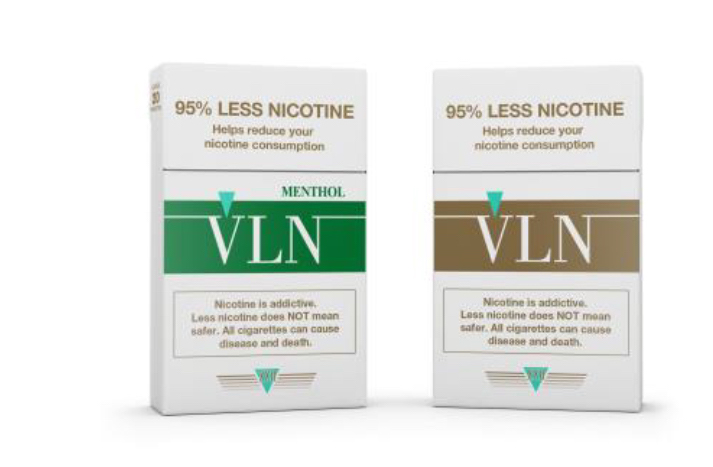Recently introduced in the U.S. Senate, Medication Access and Training Expansion legislation would mandate much-needed opioid and other addiction training and prescribing rights
By William Wagner
October 15, 2020It’s been a long time coming, but the field of addiction treatment is edging closer to being welcomed into the medical mainstream.
Proof positive is the Medication Access and Training Expansion (MATE) Act, a bipartisan piece of legislation that was introduced in the U.S. Senate in late September by Susan Collins (R-Maine) and Michael Bennet (D-Colo.). The act would require medical practitioners who prescribe controlled medications such as opioids to undergo training in substance use disorder (SUD), bringing a standardized, evidence-based element to addiction treatment that has been lacking.
“Our bipartisan bill would ensure that all healthcare professionals who prescribe controlled substances are also equipped with the tools and training they need to prevent, identify and treat addiction,” Collins said in a news release. “The opioid crisis requires an all-of-the-above approach, but increased access to evidence-based addiction prevention and treatment is a critical component of supporting those in need and ultimately tackling this crisis.”
Added Bennet, “The MATE Act will better equip our healthcare system to identify, treat and prevent addiction, as well as improve pain management, by educating providers, addressing racial bias and standardizing training nationwide.”
“The MATE Act will better equip our healthcare system to identify, treat and prevent addiction, as well as improve pain management, by educating providers, addressing racial bias and standardizing training nationwide.”—U.S. Senator Michael Bennet (D-Colo.)
The act, which is a companion to bipartisan legislation that was introduced in the U.S. House of Representatives in 2019, is a sight for sore eyes for those who have been advocating for addiction treatment parity within the medical community.
“This would be a huge step forward,” Courtney Hunter, vice president, state policy for the addiction nonprofit Shatterproof, told TreatmentMagazine.com. “It would mandate a base level of knowledge of addiction and treatment of substance use disorder by all DEA-licensed prescribers—so not just physicians but also nurse practitioners and physician assistants. That is not currently being provided in medical training. It would bring addiction more into the medical mainstream in terms of training, which is really important. We want to train our future medical professionals.”
Statistics show that mandated SUD training can’t come soon enough. Consider this tidbit, courtesy of the Centers for Disease Control and Prevention (CDC): In the past 15 years, opioid prescriptions have quadrupled in the United States. The people doling out those drugs need to have a complete understanding of the potential ramifications.
“Substance addiction and the use of substances in general produce major impacts on public health,” Wilson Compton, MD, MPE, deputy director of the National Institute on Drug Abuse (NIDA), told TreatmentMagazine.com. “Yet they are frequently ignored and not treated adequately in a healthcare setting. That’s why it’s so important to increase the availability of training and education for clinicians.”
“This would be a huge step forward. It would mandate a base level of knowledge of addiction and treatment of substance use disorder by all DEA-licensed prescribers—so not just physicians but also nurse practitioners and physician assistants. That is not currently being provided in medical training.”—Courtney Hunter, vice president, state policy, Shatterproof
The MATE Act would constitute a significant step in that direction. The question is, when will it become law? Given the current state of affairs in Washington, D.C., that’s anyone’s guess.
“A lot of attention is being paid to the addiction field, but there are so many other needs right now,” Hunter says. “There are no appropriations tied to this bill, so that’s helpful in terms of getting it passed. We’ll just have to wait and see. We’re hopeful.”
For more on recent addiction legal actions, read our U.S. policy and legislation roundup: A Short History of Addiction Laws.














